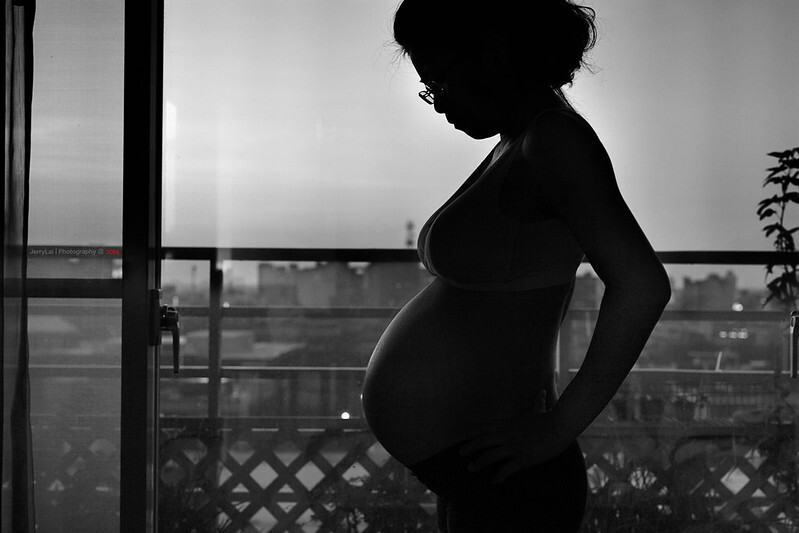Reluctant to adopt, Indians turn to IVF
In 2009, Rinki Kumari (name changed) got married to Sonu Kumar in Hajipur district of Bihar. The couple wanted to have a child after a year of marriage, but Kumari could not conceive. After 4 miscarriages, the couple abandoned the hope of having a baby. The repeated failure to have a child pushed Kumari into depression. In 2018, after over a decade of waiting for a child, the couple decided to go in for In Vitro Fertilisation (IVF). Within a year and on the first attempt itself, Kumari and her husband were proud parents of healthy twins. Though the treatment cost INR 200,000, the couple is thrilled with the results.
She says “I am very happy that after so long, I conceived in the very 1st attempt. My family was great support for me. But it’s very costly and not everyone can afford it”.
Kumari and her husband are just one example of a couple that has been blessed with a child thanks to IVF, a technique that is essentially a fertilising a woman’s egg outside her body and re-inserting the fertilised egg in her uterus for the foetus to develop.
July 25, 1978 marks the day when the world’s successful IVF culminated in the birth of Louise Joy Brown, also called the world’s first test tube baby. Brown was the first human to be conceived using in-vitro fertilisation, a process pioneered by doctors Patrick Steptoe and Robert Edwards in England. The process was rapidly taken up across the world and the world’s second test tube baby was born in India on October 3, 1978.
Though IVF has been carried out successfully on millions of women around the world, success is still not guaranteed. It depends on factors like age, ovarian reserve, and stimulation protocol that affect both the egg cells’ and embryos’ quality.
As a result, many couples are forced to try repeatedly and even then success is anything but certain. Puja Sharma (name changed), a resident of Delhi, got married to Ramesh Sharma in 2016. After 2 miscarriages, in 2018, she turned to IVF as both her fallopian tubes were blocked and egg quality had also started decreasing.
“There are certain levels of hormonal injections given and other medicines till embryo is implanted. So it is a little painful but the pain is bearable. If there is no hope naturally to conceive, then the option of IVF is good,” Sharma tells Media India Group.
“People still do not accept this treatment as the first choice. They follow all other treatments until they reach IVF as the last choice. Although this is a new ray of hope for motherhood but then IVF has its own complications. Like the success rate, sometimes there are miscarriages at the 4th month or a child is born with down syndrome or any other complications. But surely a choice you have in case you do not conceive naturally,” adds Sharma.
According to a report by the Society for Assisted Reproductive Technology, live births rates per intended egg retrieval by age group varied sharply between 3.1 pc for women above 42 years of age to 47.6 pc for women below 35 years.
- Women <35 years: Live births – 47.6 pc
- 35-37 years: Live births – 30.7 pc
- 38-40 years: Live births – 21.7 pc
- 41-42 years: Live births – 10.4 pc
- Women >42 years: Live births – 3.1 pc
Desperate for a child, many couples are loathe to give up after a single, failed attempt at IVF. So they go in for repeated attempts. But each time, it can cost a lot of money, at least from the perspective of most of the Indian households. “On an average, an IVF cycle can cost between INR 1,50,000 to 2,00,000. The success rate depends on the age of the female and the cause of infertility. For women who are less than 35, what we see is the pregnancy rate is 50-60 pc,” says Dr Parul Katiyar, Co-Medical Director and senior Consultant at ART Fertility Clinics, New Delhi.
“One cycle or two cycles of IVF are not going to have any significant impact on a woman’s health per se. Some women tend to have some hormonal fluctuation in the body, there is fluid retention, so the woman might feel that she is gaining weight. The hormone leads to the development of multiple eggs, so some women tend to have some mood fluctuation, headaches etc. However, there is no long-term or permanent side effect to this treatment,” she adds.
Also Read – As US abortion ban sparks fierce backlash, India forges ahead in reproductive rights.
Lockdown locks down sexual and reproductive healthcare in India.
Infertility, a social stigma in India
In India, as infertility is a huge social stigma and the blame, almost always falls on the woman, even though the husband is equally likely to be infertile, most Indians prefer to keep the IVF under wraps, hidden from the glare of curious neighbours and relatives. Besides the stigma, infertility has significant negative social impact on the lives of women, who frequently experience violence, divorce, emotional stress, depression, anxiety and low self-esteem, says a report by the World Health Organisation (WHO).
“Unfortunately, infertility is more of a social disease with a lot of social stigmas. Nobody wants to declare that they are unable to get pregnant, which is considered a very normal biological process. So, there is a definite stigma around it. However, what we see as, today people are now more open to accepting IVF treatment as well as to discussing and openly talking about it. Yes definitely, around 50 pc of the patient who decide or takes the IVF treatment are very secretive about it,” says Dr Katiyar.
Adoption acceptance
Though adoption is an alternative for couples for have children, it is the option of last resort for most couples, who prefer to spend millions on IVF, even without being sure that they would succeed. “Adopting a child is a difficult and important decision. Because of awareness, people have started taking this IVF treatment but still, but they are not open to accepting someone else’s child in the family. In India, the decision is not just for the couples but the entire family and even the extended family. Many of them are still very orthodox about welcoming an adopted child into the family,’’ says Sharma.
Also Read – Status of abortion laws in India.










